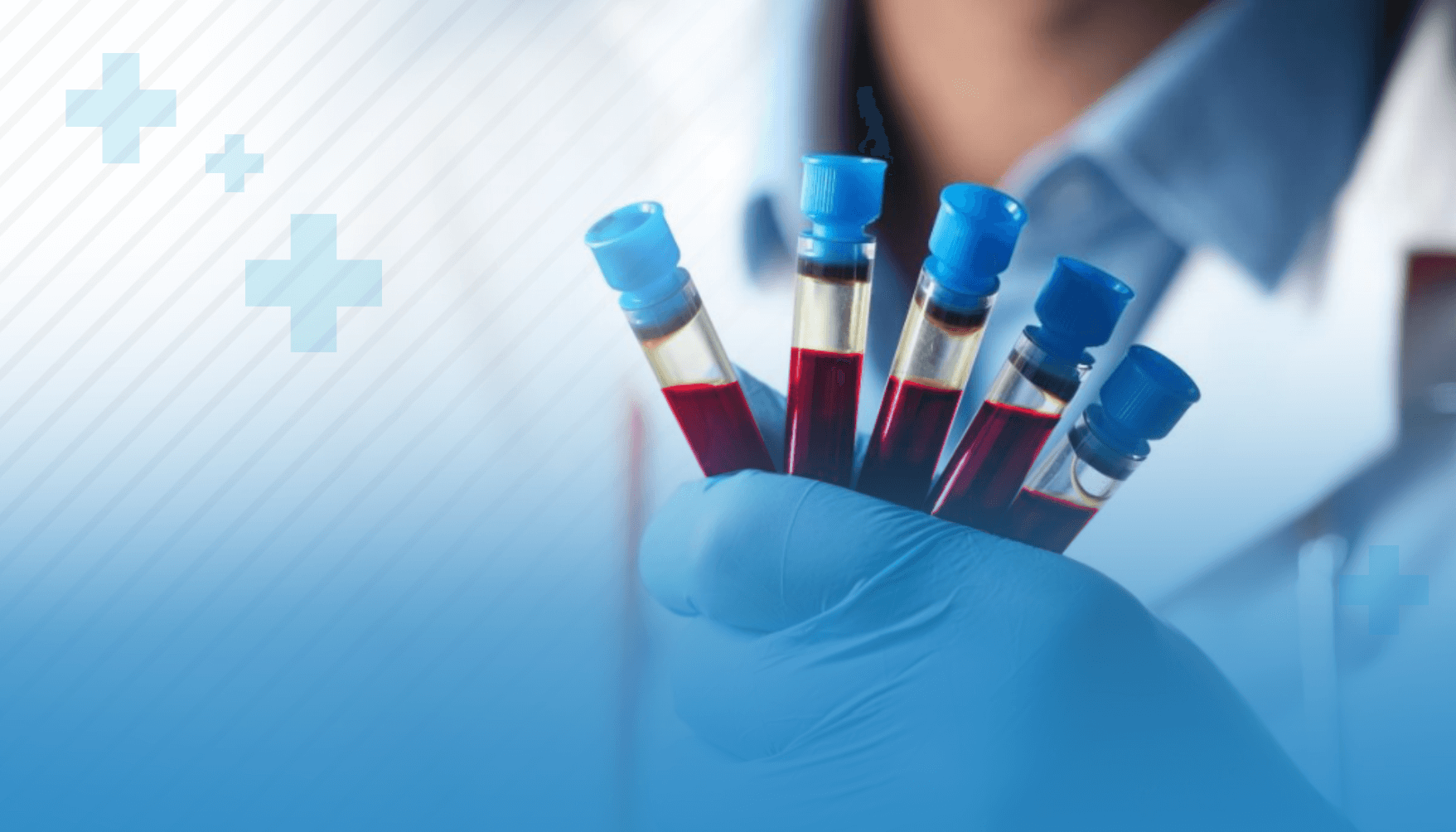Hematology
What is Hematology ?
Hematology is the study of blood and blood-forming tissues, including the formation, function, and disorders of blood cells.
Some Lab test under Hematology:
-
A Full Blood Count (FBC), also known as a Complete Blood Count (CBC), is a blood test that provides information about various components of the blood, including red blood cells, white blood cells, and platelets. It is one of the most commonly performed laboratory tests and is used to evaluate a wide range of medical conditions, including anemia, infections, inflammation, and bleeding disorders.
-
In hematology, genotype refers to the specific genetic makeup that can impact an individual's blood and blood-forming cells. Some genetic mutations or variations can cause changes in the structure or function of blood cells, leading to various blood disorders.
-
In hematology, blood group refers to the classification of an individual's blood based on the presence or absence of certain antigens on the surface of red blood cells. The most important blood groups are A, B, AB, and O, which are based on the presence or absence of two antigens: A and B.
-
Malaria parasites are a type of protozoan parasite that can be seen in the blood during a hematology examination. The presence of malaria parasites in the blood can help diagnose malaria and determine the severity of the infection. Malaria parasites are typically identified by examining blood smears under a microscope, which allows for visualization of the characteristic ring-shaped parasites within red blood cells.
-
ESR stands for erythrocyte sedimentation rate, which is a laboratory test used in hematology to measure the rate at which red blood cells settle to the bottom of a tube over a certain period of time. This test indirectly measures the amount of inflammation present in the body, as inflammatory proteins can cause red blood cells to clump together and settle more quickly.


